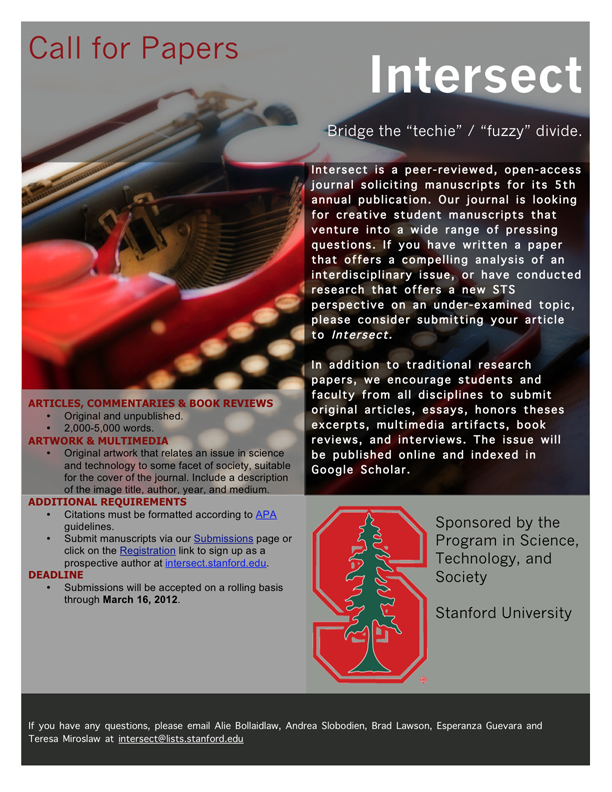Just Text Me: The Mutually Shaped Story of the Short Messaging Service (SMS)
Keywords:
text messaging, short message service, SMS, social shaping, mobile technologyAbstract
While text messaging provides excellent benefits – including social connectivity and a platform for immediate, direct exchanges – it also raises controversial concerns. Texting while driving, dining, and socializing are now all common place, and yet often frowned upon. Through an analysis of various texts, including scholarly research, news articles, and web resources, this article considers how critical attitudes are towards the short message service (SMS), despite the large social influence in its rising adoption. This text argues that mobile technology and its texters shape each others' development in ways far less one-sided than usually depicted. For instance, the more users texted, the better phone keyboards became; the more texts users were allowed to send, the more they wrote. Awareness of this bidirectional, mutually shaping social process will hopefully lead to more effective double-pronged solutions to future tech-related social controversies - ones that may only start with the ambiguity of texting etiquette.
Downloads
Published
Issue
Section
License
Authors who publish with this journal agree to the following terms:- Authors retain copyright and grant the journal right of first publication with the work simultaneously licensed under a Creative Commons Attribution License that allows others to share the work with an acknowledgement of the work's authorship and initial publication in this journal.
- Authors are able to enter into separate, additional contractual arrangements for the non-exclusive distribution of the journal's published version of the work (e.g., post it to an institutional repository or publish it in a book), with an acknowledgement of its initial publication in this journal.
- Authors are permitted and encouraged to post their work online (e.g., in institutional repositories or on their website) prior to and during the submission process, as it can lead to productive exchanges, as well as earlier and greater citation of published work (See The Effect of Open Access).

